- Overview
- Causes, Risks & Prevention
- Symptoms & Types
- Tests & Diagnosis
- Your Cancer Care Team
- Treatment & Side Effects
- Treatment Support
- Living With
- Remission & Recurrence
- Support & Resources
- Appointment Prep
- View Full Guide
Tips to Avoid Germs When You Have Cancer

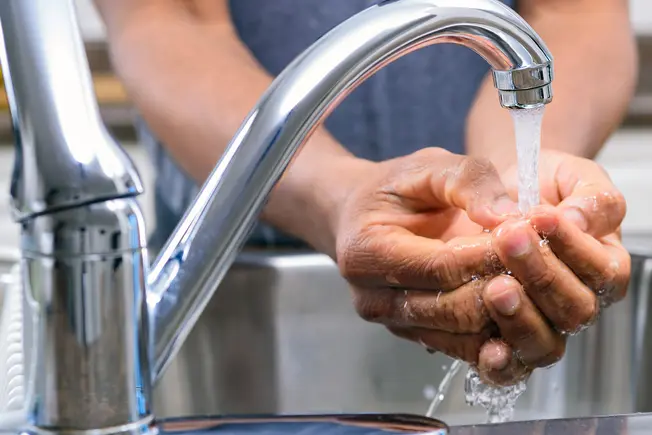
Wash Up!
Hand washing is one of your first lines of defense against infections, including the coronavirus. Every time you touch a surface -- a doorknob, a light switch, or an ATM -- you pick up germs left behind by others. Even minor infections can turn serious quickly if you have cancer. So lather up often with warm, soapy water. And do it every time before you eat or after you visit the bathroom.
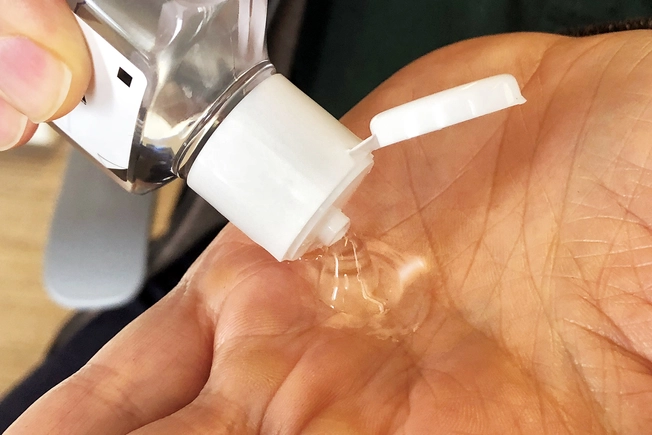
Squirt a Sanitizer
Soap and water are best for rinsing away bacteria and viruses. Alcohol-based hand sanitizers don’t work as well to get rid of certain microbes, such as norovirus. But they kill the new coronavirus. Just make sure it has at least 60% alcohol. Squirt a quarter-sized dollop and rub it all over your hands for about 20 seconds. Take care not to wipe it off before your hands dry.
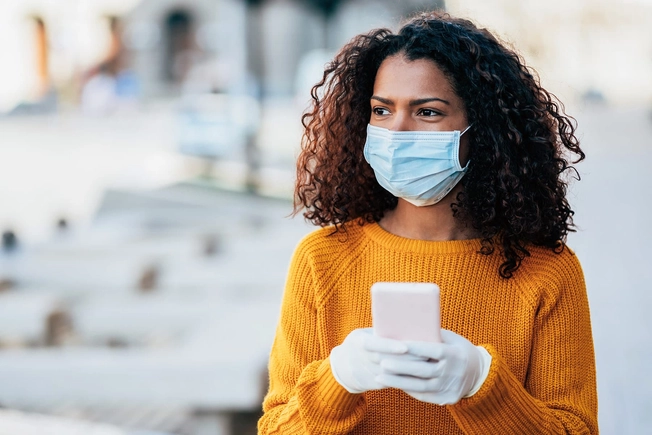
Wear a Mask
It’s best to stay home when you have cancer, especially during a pandemic. But if you must go out, always put on a mask. Wear disposable gloves, too. Avoid restaurants, hair salons, and anywhere where people can gather. If possible, ask a loved one to do your grocery shopping, or have it delivered.
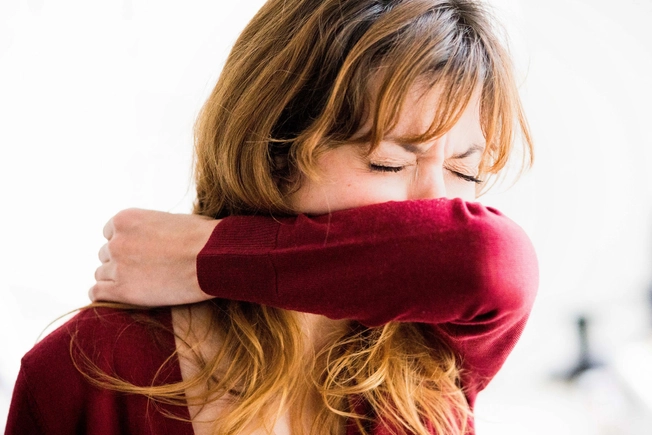
Keep a Distance From Others, Especially If They’re Sick
It may seem like a no-brainer: Don’t go near anyone with a cold, flu, or other infectious illnesses. Ask everyone to keep at least 6 feet away. Droplets from a sneeze can travel 6 feet or farther. Ask anyone who is sick to cough or sneeze into the crook of their elbow. Better yet, visit another time when they’ve recovered.

Travel With Care
You may have to leave home regularly for immunotherapy or another cancer treatment. Pack your disinfecting wipes. If you take a cab, a flight, or another form of public transportation, swab down the tray table, window shade, door handle, and other surfaces you may touch. Ask your airline how closely the passengers will sit. If possible, ask for an empty seat next to you.
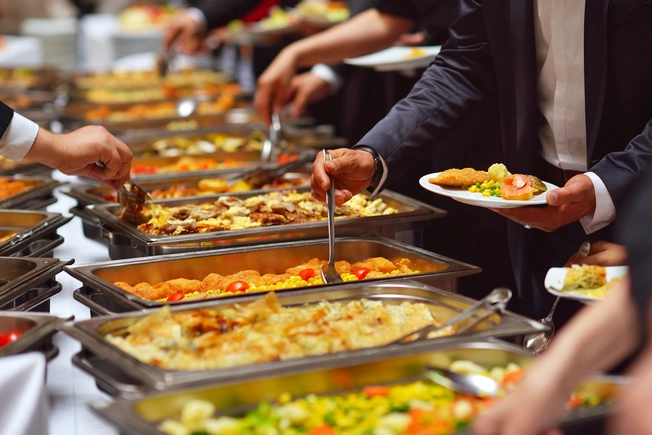
Bypass the Buffet
The Sunday brunch buffet may look delicious. But it’s safer to order off the menu. Food often sits for a long time on buffets and salad bars, so germs can get a chance to grow. Diners who pass through the line may have unwashed hands or even be sick. One study found that E. coli can spread easily from germy hands to metal salad bar tongs and from dirty tongs to hands.
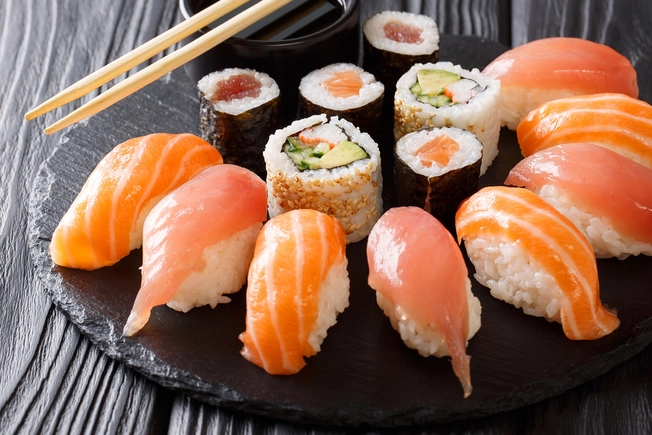
Fishy Fish
It’s best to steer clear of raw or undercooked seafood. That includes sushi, sashimi, oysters, clams, and the like. Fish and shellfish can harbor salmonella as well as Vibrio vulnificus, a bacteria that lives in warm seawater. Cancer can make you more susceptible to food poisoning. Dousing your raw seafood with hot sauce or alcohol won’t kill the germs.
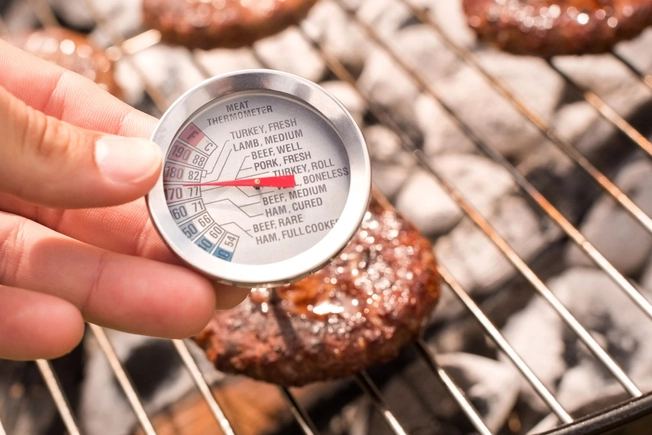
Cook It Done
A rule of thumb is to cook fish until 145 F on the inside. Prepare shellfish until it’s opaque. You’ll know clams, oysters, and mussels are done when their shells open.
Cook chicken and other poultry to 165 F. Whole cuts of beef and pork should reach 145 F. But ground meat should be cooked to at least 160 F since bacteria could have gotten inside.
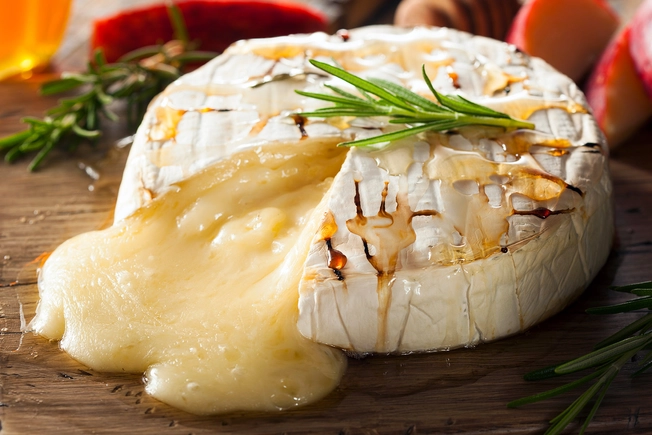
Be Careful With Cheese
A process called pasteurization uses heat to kill germs in dairy foods. Soft cheeses like brie, Camembert, feta, goat cheese, and queso fresco or blanco are made with unpasteurized milk and can put you at risk for food poisoning. Steer clear of “raw” milk or yogurt products, too.
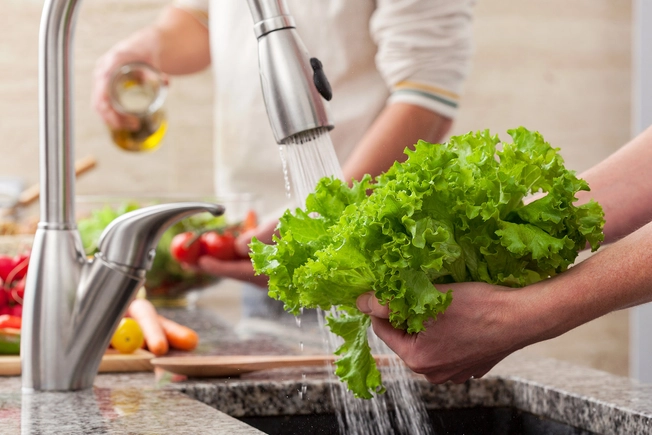
Wash Fresh Produce
If your immune system is very weak, your doctor may tell you to avoid fresh fruits and veggies because they can harbor germs and make you sick. If you can eat produce, wash it well, especially leafy greens like kale, which can hide dirt. Rinse bananas and oranges first so you won’t contaminate the inside when you peel or cut the rind. Avoid raw or lightly cooked sprouts, which are grown in warm, humid conditions that can invite germs.
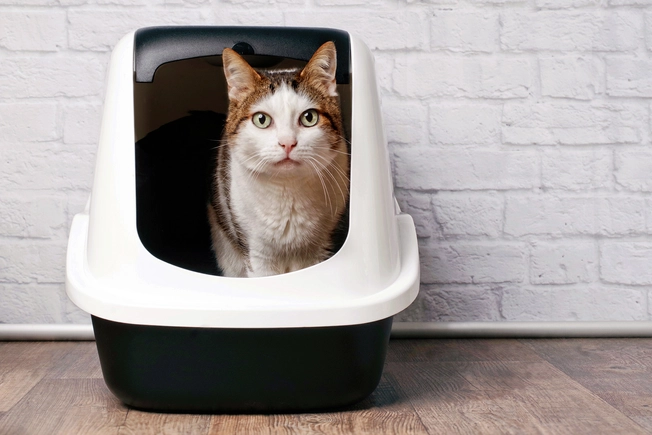
Pass on Pet Poop
Don’t clean up after pets, babies, or other people if possible. Poop literally teems with germs. A trillion of them can pack into just 1 gram of human stool. If you have to do this dirty job, put on rubber gloves and wash your hands right after taking them off. Avoid backyard dirt that may have been soiled by animal droppings.
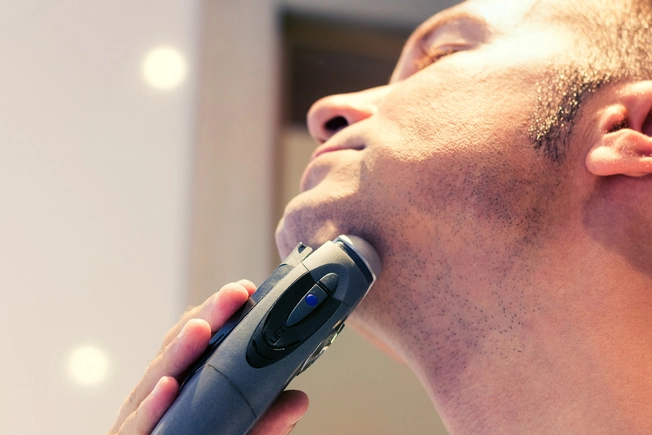
Take Care With Cuts
Even the smallest wound can make way for germs. Here’s how to avoid cuts and nicks:
- Use an electric shaver, not a razor blade.
- Use chef’s gloves when using knives or graters.
- Wear shoes outside and inside your home to protect your feet.
Wash cuts with soap and water, slather on a light layer of antibacterial ointment, and cover with a clean bandage. Tell your doctor if you see any sign of infection like swelling, redness, or pus.
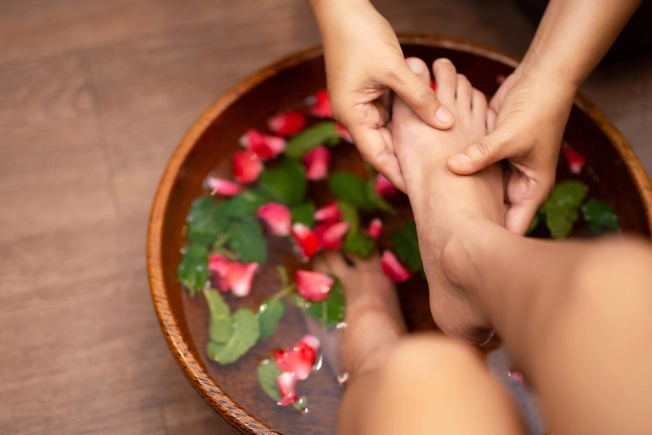
Skip the Nail Salon
A relaxing mani-pedi may sound like just what the doctor ordered. But hold off on a salon or spa visit for now. Dirty nail clippers and nippers can infect you if you get nicked. Bacteria and fungi can grow in pedicure foot baths if they’re not cleaned well. Even a tiny break in your skin can lead to an infection.
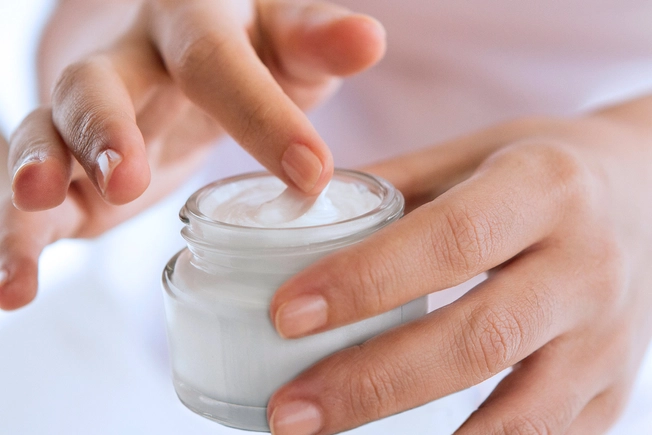
Tend to Your Skin
Bathe in warm water every day. Take special care to wash your feet, groin, under your arms, and any sweaty places. Gently pat dry these areas well so germs don’t have a comfortable place to grow. Moisturize every day so your skin doesn’t itch and crack. Use a mild one without a strong fragrance. Apply it after you bathe while your skin is damp so it absorbs well.
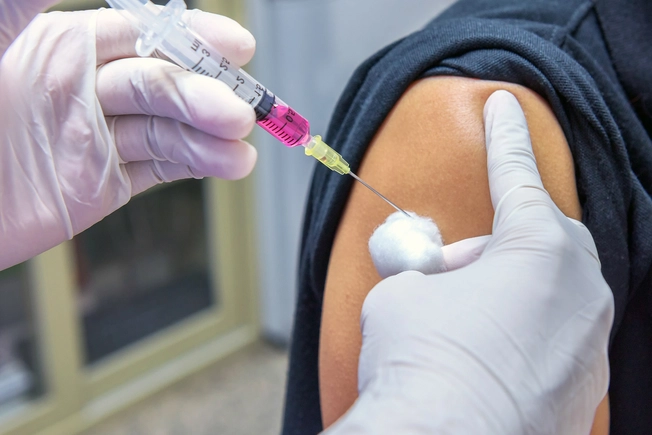
Get Your Shots
A weakened immune system means you may be at greater risk for the flu or complications like pneumonia. Get vaccinated every fall. Encourage your family, friends, and caregivers to do so, too. You might need other vaccines to ward off infections, such as COVID-19. Talk to your doctor about which ones are safe for you.
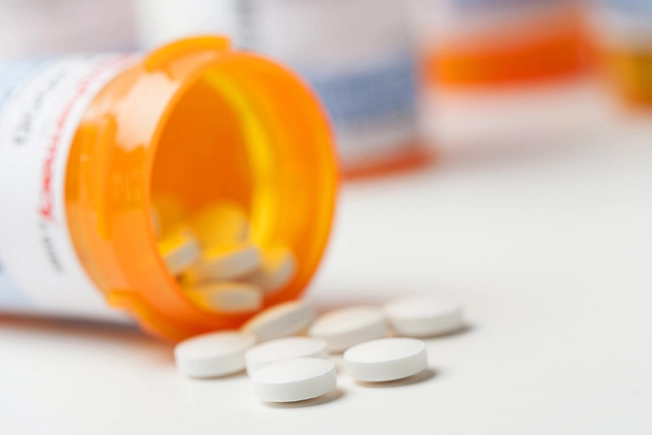
Ask About Antibiotics
Talk to your cancer doctor before taking any antibiotics, especially if you’re about to start immunotherapy. A recent small study showed that people who took antibiotics within a month of starting treatment with drugs called immune checkpoint inhibitors didn’t fare as well on treatment as those who didn’t take antibiotics.